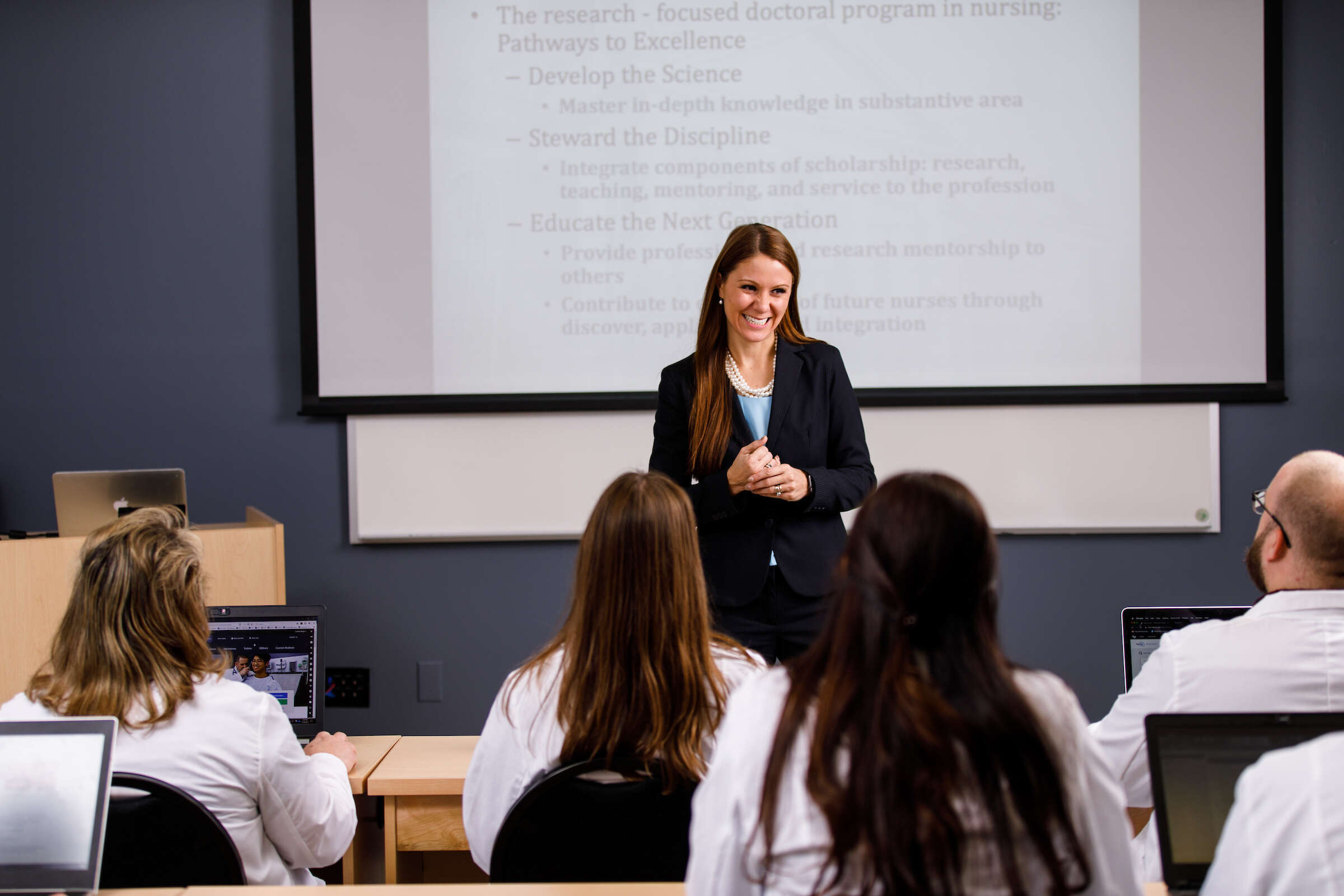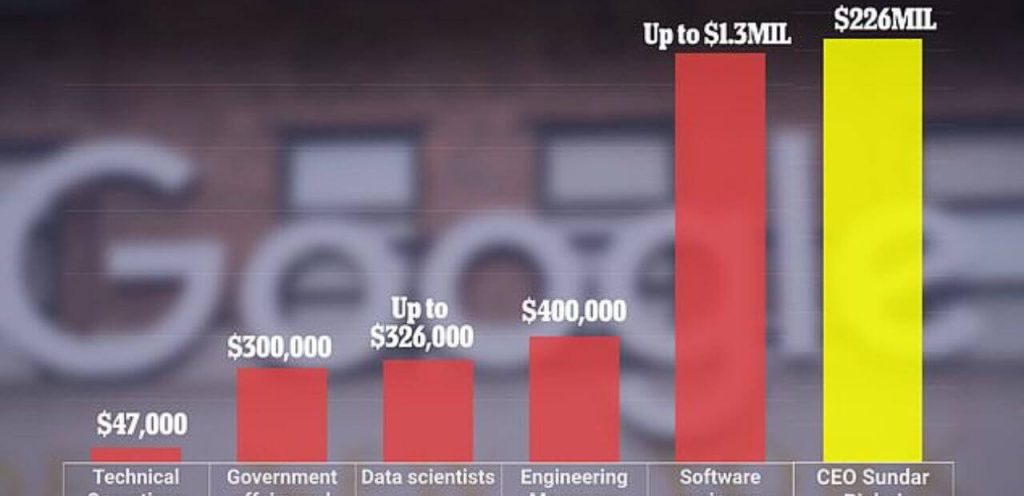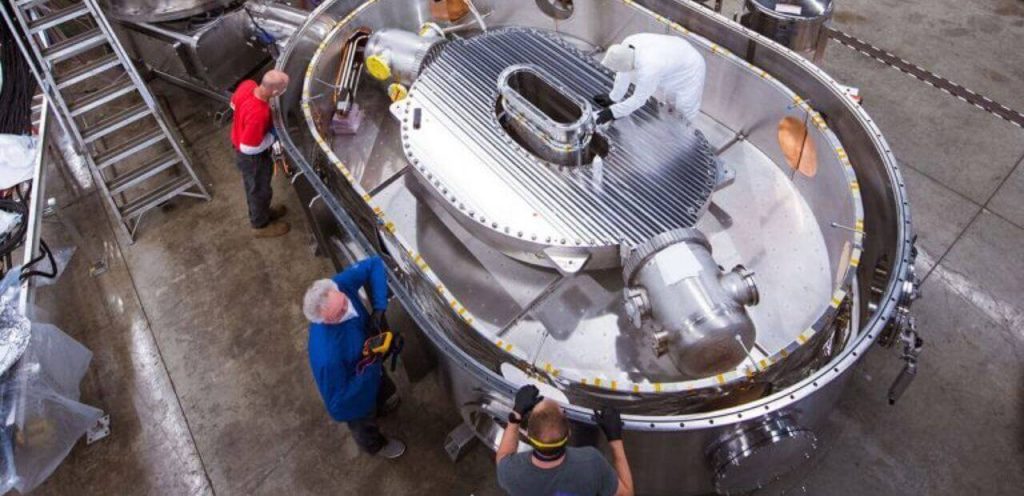A Diploma in Medical Faculty in Bangladesh is a professional qualification for mid-level healthcare providers. The program spans three years, including a mandatory internship.
Pursuing a Diploma in Medical Faculty in Bangladesh offers a gateway to a career in health services, particularly for those aiming to serve in rural and underserved areas. This diploma encompasses several specialties such as Medical, Dental, and Medical Technology.
Students gain practical knowledge and experience, which is vital in the healthcare industry. The curriculum is designed to provide a robust foundation in medical sciences, after which students undergo hands-on training in hospitals. Graduates are well-prepared to contribute effectively to community health care and can further their education to become full-fledged doctors or healthcare specialists. With the country’s growing demand for qualified medical personnel, this diploma serves as a stepping stone to a rewarding career in medicine.
Exploring The Medical Education Landscape In Bangladesh
Historical Background Of Medical Training
The journey of medical education in Bangladesh began decades ago. It was influenced by various cultural and scientific shifts over the years. Notably, the establishment of the Dhaka Medical College in 1946 marked a significant step in framing the nation’s medical education structure.Current State Of Healthcare Education
Today, Bangladesh boasts a robust medical education system. This includes numerous public and private institutions providing diploma and degree programs. The Directorate General of Health Services (DGHS) oversees the quality and curriculum of these courses, ensuring graduates meet global healthcare standards. The landscape now features:- Diversified specializations for in-depth medical knowledge.
- Advanced research opportunities for groundbreaking discoveries.
- Practical training in state-of-the-art facilities.
Diving Into Bangladesh’s Medical Diploma Programs
Embarking on a career in healthcare demands both skill and knowledge. Bangladesh offers a variety of Medical Diploma Programs. These programs cater to aspiring healthcare professionals. They provide practical skills and an in-depth understanding of various medical fields. Interested individuals can explore a rich tapestry of specializations. Bangladesh’s medical diploma programs lay the groundwork for an impactful career.
Core Objectives Of Diploma Courses
The primary goals of medical diploma courses in Bangladesh include:
- Equipping students with fundamental medical knowledge
- Providing hands-on clinical experience
- Instilling ethical medical practices
- Preparing graduates for the health sector workforce
This focused training ensures graduates are ready to tackle real-world challenges.
Range Of Specializations Available
Medical diploma courses in Bangladesh are diverse. They address the needs of the healthcare system. Students can select from a wide array of specializations: Add more rows as needed
| Specialization | Duration | Scope |
|---|---|---|
| Diploma in Medical Radiology | 2 years | Imaging diagnostics |
| Diploma in Nursing | 3 years | Patient care management |
| Diploma in Anesthesiology | 2 years | Pain management and surgery |
| Diploma in Child Health | 2 years | Pediatric medicine |
This list is just a snapshot. Many other programs are available to suit different career paths.
Eligibility Criteria For Aspiring Medical Professionals
Academic Requirements
To qualify for the Diploma in Medical Faculty, academic excellence plays a crucial role. Below are the core academic requirements:- High School Completion: Prospective students must have passed high school with a focus on science subjects.
- Minimum GPA: A GPA that reflects a strong grasp of science disciplines such as Biology, Physics, and Chemistry is mandatory.
- Examination Scores: Students should have decent scores in entry-level exams specified by the medical institutions.
Essential Skills And Qualities
Beyond academic prowess, successful candidates exhibit a range of interpersonal skills and qualities intrinsic to the medical profession. Listed here are such essential attributes:| Skill/Quality | Description |
|---|---|
| Communication | Clear conversational abilities for engaging with patients and healthcare teams. |
| Empathy | Understanding patient feelings for compassionate care. |
| Problem-Solving | Quick and effective decision-making in critical situations. |
| Adaptability | Flexibility in fast-changing medical settings. |
| Attention to Detail | Meticulous approach to patient care and treatments. |
Navigating The Admission Process
Application Steps And Documentation
Kicking off your medical journey begins with a streamlined application procedure. Follow these steps to ensure a smooth process:- Locate the official website of the medical institution.
- Register for an account to start the application.
- Fill in the required personal and educational details.
- Gather all necessary documents listed below.
- Submit the application form before the deadline.
- High School Certificates – Ensure all certificates are verified.
- Academic Transcripts – Attach official copies of your results.
- Passport Size Photos – Usually, a set of recent photos is required.
- National ID or Birth Certificate – A copy of a valid identification document.
- Medical Certificate – Confirming your physical fitness.
Entrance Examinations And Interviews
This stage is about showcasing your potential through exams and interviews. Be prepared by understanding what to expect:- Study the syllabus for the entrance exam diligently.
- Possess a firm grasp of core science subjects.
- Practice past papers and take mock tests.
- Communicate your passion for medicine clearly.
- Demonstrate your empathy and problem-solving skills.
- Be honest and express your long-term career goals.
Key Institutions Offering Medical Diplomas
Leading Colleges And Universities
Bangladesh boasts several esteemed institutions providing top-notch medical diploma courses. These educational centers are known for their rigorous training programs and state-of-the-art facilities.- Bangladesh College of Physicians and Surgeons (BCPS): Specializes in postgraduate medical education and training.
- Dhaka Medical College: Offers diverse diploma courses with a focus on practical skills.
- Kumudini Women’s Medical College: Dedicated to empowering women in the medical field.
- Chittagong Medical College: Renowned for experienced faculty and research opportunities.
Government Vs. Private Institutions
There are distinct differences between government-run and private institutions in Bangladesh when it comes to medical diplomas.| Government Institutions | Private Institutions |
|---|---|
| More affordable tuition fees | Higher tuition fees |
| Limited seats available | More flexibility with admission |
| Often have better infrastructure | May offer more modern facilities |
| Longer history and tradition in medical education | Can be more innovative with curriculum |
Understanding The Curriculum And Training
Course Structure And Content
The course layout is thorough, covering key medical areas. Students gain knowledge and skills crucial for healthcare services. Content is divided over several semesters, each focusing on different medical subjects.| Semester | Subjects |
|---|---|
| 1st & 2nd |
|
| 3rd & 4th |
|
| 5th & onwards |
|
Practical Experience And Rotations
Medical training is not just about textbooks. Hands-on practice forms a big part of learning. With clinical rotations, students sharpen their skills by treating real patients.- Clinical rotations start from the third year.
- Students visit hospitals and community health centers.
- They learn under the supervision of experienced doctors.
- Tasks include diagnosing illnesses, patient management, and emergency care.
Developing Clinical Expertise
Hands-on Training In Hospitals
Real-world experience is paramount in medical education. Students engage directly with patient care during their training. They learn under the guidance of seasoned professionals in various departments.- Rounds with doctors: Students observe and participate in daily patient evaluations.
- Emergency services: Trainees respond to urgent medical situations, cultivating a quick decision-making ability.
- Specialty departments: Exposure to areas such as cardiology, pediatrics, and surgery broadens their medical knowledge.
- Hands-on tasks like suturing, monitoring vital signs, and administering medication are integral to the learning process.
Simulation And Lab Work
Simulation-based training bridges the gap between theory and practice. Diploma students benefit from state-of-the-art simulation labs designed to mimic real-life medical scenarios.| Equipment | Skills Developed |
|---|---|
| Anatomical models | Understanding human anatomy |
| Medical mannequins | Practicing clinical procedures |
| Diagnostic machines | Interpreting test results |

Credit: www.facebook.com
Technology Integration In Medical Diploma Programs
E-learning And Virtual Simulations
E-learning platforms have revolutionized the way medical courses are taught. Medical students can now access lectures, course materials, and quizzes online, anytime. A crucial part of this digital shift is virtual simulations. These simulations provide risk-free, realistic practice scenarios.- Interactive modules boost critical thinking.
- 3D models help students visualize complex structures.
- Virtual patients offer endless clinical practice opportunities.
Up-to-date Medical Technologies
Staying current with medical technology is vital for quality care. Diploma courses now include training on:| Technology | Application |
|---|---|
| Diagnostic Equipment | Learn to operate ultrasound, X-ray, MRI machines. |
| Medical Software | Use EHRs for better patient data management. |
| Telemedicine | Train in virtual consultations and remote monitoring. |
Instructors And Mentors: Pillars Of Medical Education
Faculty Credentials And Experience
The faculty members at leading medical institutes in Bangladesh boast impressive credentials. Many hold advanced degrees from renowned global institutions. Their experience spans across various specialties, effective in providing a comprehensive education.- Diverse Expertise: Instructors specialize in fields, ranging from surgery to pediatrics.
- Years of Experience: Faculty often have decades of practical and teaching experience.
- Research-Driven: Many educators are also actively engaged in groundbreaking medical research.
Mentorship And Guidance
Alongside their academic roles, the faculty in Bangladesh’s medical colleges also provide invaluable mentorship. This guidance helps students to navigate the demanding landscape of medical education and practice.| Mentorship Aspect | Benefits to Students |
|---|---|
| Personalized Advising | Students receive tailored advice to excel academically and professionally. |
| Career Planning | Guidance on various medical specialties and career paths is offered. |
| Research Opportunities | Students get exposed to research under faculty supervision, enhancing their credentials. |
Evaluating The Costs: Tuition And Other Expenses
Financial Planning For Students
Creating a solid financial plan is key to managing the costs of a Diploma in Medical Faculty. Students should start by listing all expected expenses for the duration of the diploma. This list might include:- Tuition Fees
- Books and Supplies
- Lab Fees
- Hostel and Mess Charges
- Transportation
- Personal Expenses
Scholarships And Financial Aid
Fortunately, options for financial aid help alleviate education costs. Scholarships, grants, and bursaries offer support based on merit or financial need. Students should research and apply early for these opportunities.| Type | Source | Amount | Eligibility |
|---|---|---|---|
| Scholarship | Institutional | Varies | Merit-based |
| Grant | Government | Varies | Need-based |
| Bursary | Private Organizations | Varies | Application |
Strengthening Soft Skills Alongside Medical Training
Communication Skills In A Healthcare Setting
Effective communication is essential for healthcare professionals. A Diploma in Medical Faculty emphasizes the importance of clear interaction with patients and colleagues. Students learn how to explain complex medical terms in simple language, ensuring that patients understand their care plans. Role-playing exercises and patient-staff interaction simulations are part of this strategy.- Listening to patient concerns
- Conveying empathy and understanding
- Writing clear medical reports
Leadership And Teamwork In Medicine
In the field of medicine, teamwork and leadership go hand in hand. A Diploma in Medical Faculty promotes leadership skills to spearhead healthcare teams effectively. Students engage in group projects that reflect real-world medical situations requiring collaboration.| Leadership Skills Developed | Teamwork Dynamics Enhanced |
|---|---|
| Decision making | Peer-to-peer learning |
| Problem-solving | Supportive communication |
| Task delegation | Joint responsibility |
Essential Medical Research During Diploma Studies
Importance Of Research Skills
Developing research skills is vital for medical students. Hands-on experience helps students:- Understand complex medical theories
- Analyze clinical data effectively
- Design and conduct experiments
- Improve critical thinking
Opportunities For Student Research
In Bangladesh, diploma courses provide various research opportunities. They allow students to explore medical fields deeply. Programs may include:| Program Component | Research Focus |
|---|---|
| Laboratory Work | Experimental techniques |
| Clinical Studies | Patient-oriented research |
| Thesis Projects | Scholarly research |
Challenges And Solutions In Medical Education
Addressing The Rural Healthcare Gap
Bangladesh’s rural regions often lack sufficient medical facilities and personnel. Bold steps are essential to bridge this healthcare gap.- Establishment of Rural Training Centers: Practical training in rural settings equips medical students with hands-on experience.
- Incentive Programs for Rural Service: Offering benefits to medical graduates who serve in rural areas can attract more practitioners.
- Technology Integration: Utilizing telemedicine initiatives can help extend healthcare reach.
Improving Access To Quality Training
To raise the standard of medical education, Bangladesh must confront training challenges head-on.| Challenge | Solution |
|---|---|
| Lack of Resources | Investment in medical libraries and labs |
| Outdated Curriculum | Curriculum updates with international practices |
| Insufficient Clinical Exposure | Structured internships in diverse medical fields |
Securing Residencies And Internships
Finding The Right Match
The journey to identifying the perfect residency or internship begins with research. Students should start by listing their interests, strengths, and career goals. Contacting alumni, attending career fairs, and consulting with faculty advisors provide insights into various programs. Balancing aspirations with realistic opportunities is key for a successful match.- Review facilities and departments in hospitals.
- Assess alignment with personal career objectives.
- Seek guidance from mentors and peers.
Maximizing Learning During Internships
Once in an internship, it’s crucial to extract maximum learning from every encounter. Interns should actively engage with medical staff, ask questions, and volunteer for tasks. Keeping a reflective journal can enhance learning experiences. It’s also important to be proactive and responsible for one’s own learning.- Take on varied tasks to broaden experience.
- Develop strong communication skills with patients and staff.
- Reflect on daily learnings and seek feedback regularly.
Life After A Medical Diploma In Bangladesh
Career Pathways And Prospects
After earning a Medical Diploma, numerous career options become available. Job opportunities range from hospital employment to private practice.- Medical Technicians
- Hospital Administrators
- Healthcare Managers
| Position | Setting |
|---|---|
| Medical Assistant | Clinics |
| Lab Technician | Research Facilities |
Continuing Education And Specializations
Diploma holders may further their expertise. They do this through advanced degree programs and specialization courses.- Pursue a Bachelor in Medical Science
- Specialize in fields like Imaging or Pathology

Credit: www.liberty.edu
The Role Of Government In Enhancing Medical Training
Healthcare Policies And Education
Efficient healthcare policies are the backbone that supports a flourishing medical education system. The government introduces reforms that promote:- Quality medical curricula
- Advanced training methodologies
- Continuous professional development
Support For Medical Institutions
Government aid to medical institutions is a key factor for providing high-quality medical training. Support comes in various forms:| Area of Support | Description |
|---|---|
| Financial Grants | Funds to upgrade facilities and resources |
| Subsidies | Reduces the cost of medical education |
| Research Opportunities | Encourages innovation in medical sciences |
International Recognition Of Bangladeshi Medical Diplomas
Bangladeshi medical diplomas, particularly those from accredited institutions, are gaining global recognition for their rigorous standards and comprehensive training. With a diploma in Medical Faculty from Bangladesh, graduates are increasingly seen as competitive candidates in healthcare sectors worldwide, due to the quality and intensity of their education.
The medical sector in Bangladesh has seen remarkable growth, with its diplomas gaining global acclaim. Students graduating with a Diploma in Medical Faculty from Bangladesh are stepping onto the international stage. Furthermore, their qualifications are increasingly recognized across countries and healthcare systems. This recognition opens doors worldwide, enhancing the value of their credentials.
Global Mobility For Graduates
- Worldwide Opportunities: Bangladeshi medical graduates gain access to a broad spectrum of international careers.
- Seamless Integration: Countries recognize these diplomas, easing the process for graduates to join foreign medical teams.
- Cross-Border Acceptance: Graduates enjoy professional respect, making global transitions smoother.
Bangladeshi medical diplomas offer graduates the flexibility to pursue opportunities abroad. This enhances their career prospects significantly.
Accreditation And International Partnerships
| Credential Recognition | Partnership Impact |
|---|---|
| Verified Quality: | Enhanced Standards: |
| Accrediting bodies confirm the diploma’s standard. | International collaborations boost educational quality. |
| Global Standards: | Exchange Programs: |
| Certifications align with worldwide medical standards. | Students gain exposure through global academic exchange. |
Partnerships with acclaimed institutions affirm the standing of Bangladeshi medical diplomas. Accreditation by recognized bodies further supports the international stature of these credentials.
Alumni Success Stories
Inspirational Career Journeys
Graduates from the Diploma in Medical Faculty have embarked on remarkable career paths in medicine. Meet some inspiring individuals whose professional journeys took them from the lecture halls in Bangladesh to the global healthcare stage.- Dr. Ayesha Kadir: Leading pediatrician who established a network of clinics providing child healthcare.
- Dr. Harun Al Rashid: Renowned cardiologist, now a pioneer in cardiac research and treatment innovations.
- Md. Rafiqul Islam: Influential health policy advisor, shaping national healthcare reforms.
Alumni Contributions To Healthcare
The impact of our alumni extends beyond personal achievements. They have made significant contributions to healthcare, benefiting communities worldwide.| Name | Contribution | Impact |
|---|---|---|
| Dr. Sabrina Chowdhury | Developed a new vaccine distribution model | Improved immunization rates |
| Dr. Lamia Rahman | Innovated a mobile health initiative | Increased rural healthcare access |
| Dr. Miraz Karim | Authored influential public health textbook | Enhanced medical education globally |
Networking And Professional Development
Professional Bodies And Associations
Joining professional bodies is crucial for anyone in the medical profession. Members enjoy a range of benefits including access to exclusive journals, online forums, and career advice. Networking with industry peers can lead to job opportunities and collaborative research projects. Below is a list of prominent associations:- Bangladesh Medical Association (BMA)
- Association of Physicians of Bangladesh (APB)
- Pharmacy Council of Bangladesh (PCB)
Conferences And Workshops
Conferences and workshops serve as platforms for practitioners to discuss innovative ideas. They feature expert speakers, interactive sessions, and cutting-edge research presentations. Attendees gain insights into emerging medical technologies and methodologies. The following table showcases upcoming events for medical diploma holders.| Event Name | Date | Location |
|---|---|---|
| Bangladesh Health Summit | June 10, 2023 | Dhaka |
| Annual Medical Workshop | August 15, 2023 | Chittagong |
Looking To The Future Of Medical Education In Bangladesh
Innovations And Trends
Medical education in Bangladesh is embracing technological advancements. The use of Virtual Reality (VR) and artificial intelligence (AI) in teaching is no longer science fiction but a practical tool. These technologies enable interactive learning experiences and simulated clinical procedures. With a focus on research-driven education, medical faculties are incorporating cutting-edge practices and collaborations with global institutions.- Integration of simulation labs for hands-on practice
- Enhanced e-learning platforms for remote education
- Research opportunities with international healthcare communities
Preparing For The Healthcare Challenges Ahead
The landscape of healthcare is changing fast. Bangladesh faces emerging diseases and public health challenges. Its medical education is rising to the occasion. By incorporating interdisciplinary approaches and community-based strategies, the Diploma in Medical Faculty aims to produce well-rounded professionals. These graduates will tackle 21st-century health issues with acumen.| Focus Area | Strategy |
|---|---|
| Pandemic Preparedness | Training in infectious disease control |
| Non-Communicable Diseases | Programs on lifestyle diseases management |
| Healthcare Technology | Education on medical informatics and telemedicine |
Frequently Asked Questions On Diploma In Medical Faculty In Bangladesh
What Is A Diploma In Medical In Bangladesh?
A Diploma in Medical in Bangladesh is a mid-level medical qualification focusing on practical health care training.
How Long Is The Medical Diploma Course?
The Medical Diploma course duration in Bangladesh is typically 3-4 years, including practical training.
Are Medical Diplomas Recognized Abroad?
Bangladeshi Medical Diplomas are recognized in some countries, but verification of equivalency might be required.
What Career Paths Follow A Medical Diploma?
Graduates can pursue careers as medical technologists, therapists, and assistants, or further their education.
Can You Specialize With A Medical Diploma?
Yes, specializations are available in areas such as radiology, dentistry, and medical lab technology post-diploma.
Conclusion
Embarking on a career in healthcare begins with solid education. A diploma in a medical faculty in Bangladesh offers this strong foundation. Graduates emerge well-equipped, ready to meet the challenges of the medical field. This path not only paves the way for rewarding careers but also serves the greater community.
Start your journey today, and be at the forefront of healthcare tomorrow.









